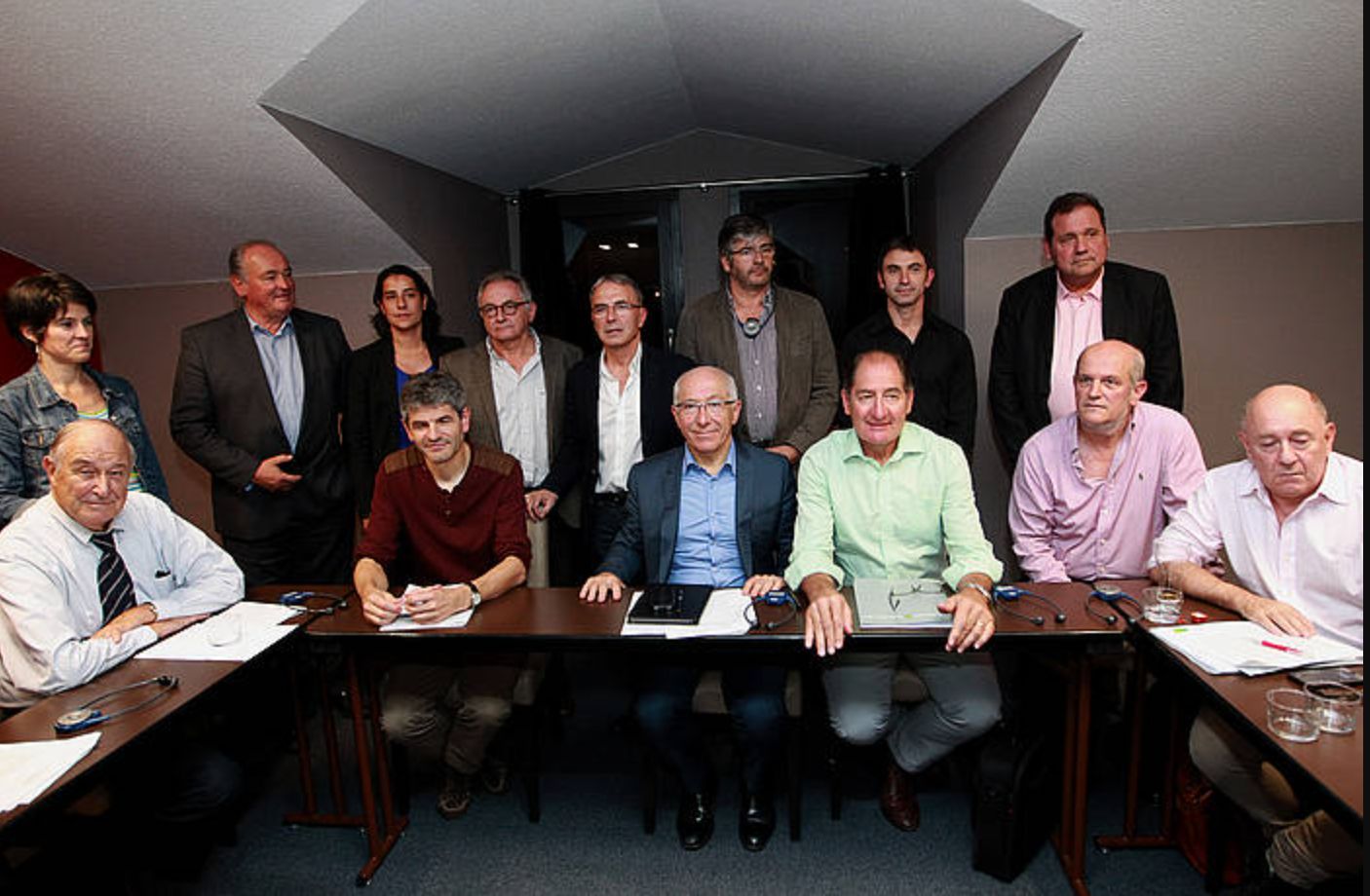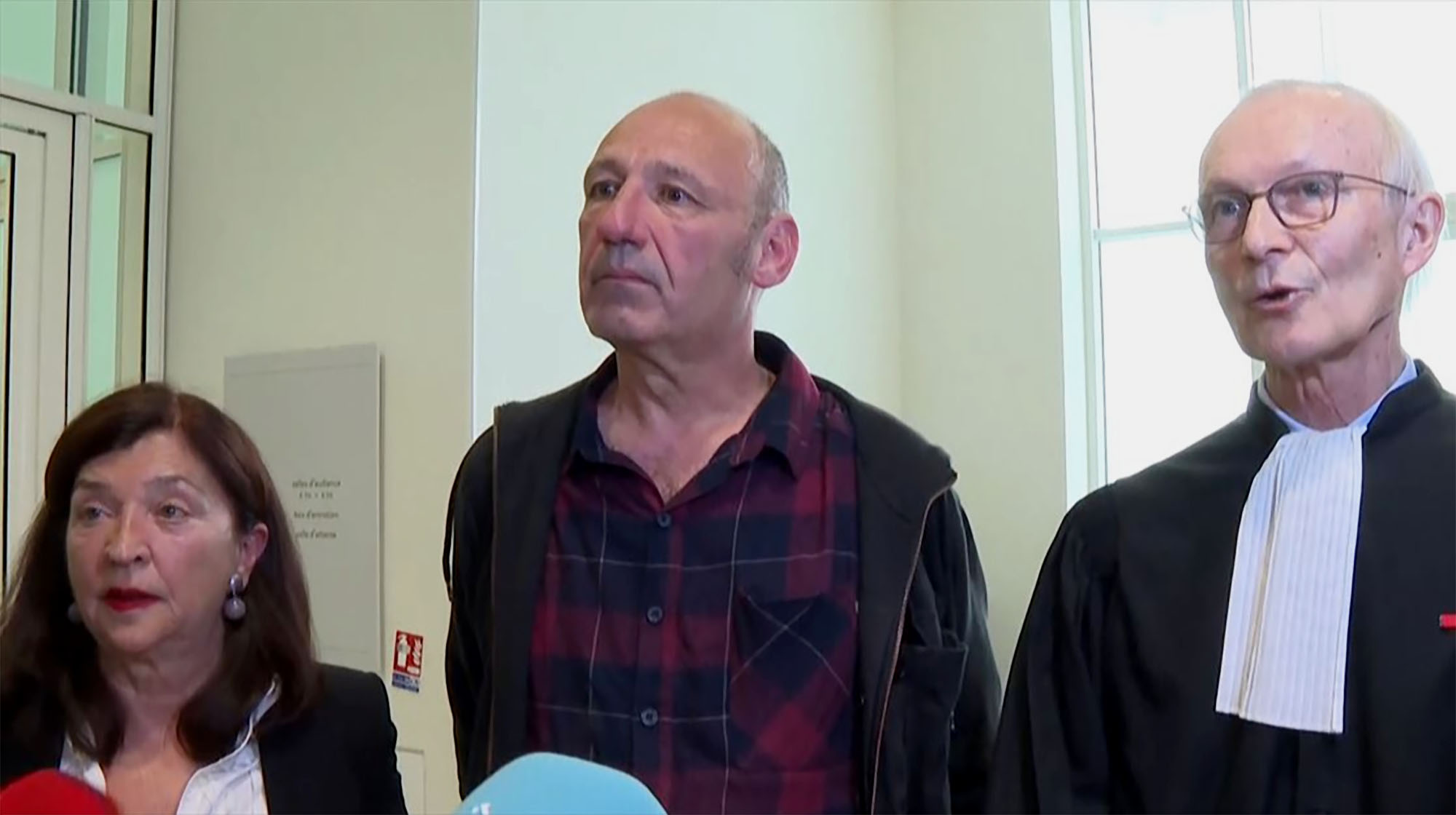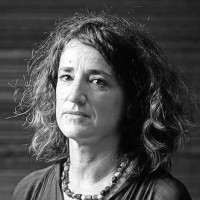"Faced with these assumed conditional freedoms they have decided to act as a wall"
- Before I learned that the decision on release under the status of Jakes Esnal was delayed to 21 July, it was ARGIA Anaiz Funosas, spokesman for the Road to Peace, in the case of Ion Parot, which will be known next week. They've been in jail for 32 years. A demonstration will be held on Saturday at 17:00 in Baiona to denounce the situation and ask for its release.

On 13 May, the Paris Anti-Terrorism Court examined Ion Parot's request for parole for the sixth time. Prisoner Jakes Esnal was examined on 19 May by the Paris Call Hearing. How did these two instances happen?
On the part of the prosecutor’s office there is no change, he has once again denied the political situation of Euskal Herria. The right to leave these prisoners is questioned because of a possible risk, please note, in the case of Ion, the prosecution said the release is too early! Faced with those conditional freedoms that can be accepted, they have decided to act as a wall, and they are confirming that position from one hearing to another.
In this situation of lockdown and with 32 years in prison, how are Parot and Esnal?
I think you're so clear about the blockade that we're facing, that you know that this locking positioning is an indicator of political positioning. If he is more generically placed in the same position with the Corso Alain Ferrandi and in Jean-Marc Rouilla, one of the founders of the Action Directe, the anti-terrorist prosecutor’s office aspires to be a prisoner again. They have a fixed, systematized position, and in the end what we denounce from the outset is evident: no political consideration is taken, no criminal policy is implemented according to the political situation in Euskal Herria.
The Public Prosecutor’s Office is blocking at all times.
The court of first instance places these conditional freedoms within the current political context, clearly considering the existence of the peace process and the support of the elected officials, institutions and civil society of Euskal Herria. But the anti-terrorist prosecutor’s office is in a position of hindrance (if these prisoners don’t call on the street).
In this context, the manifestation of Saturday is framed.
Of course, we want the issue to be square again. We are in a special context in which the new French government has been formed and Emmanuel Macron is once again president. For these reasons, it is important to make the voice of Euskal Herria heard through a demonstration. We inform you that in the coming days they will have to include as urgent matters the peace process in the Basque Country.
We also have doors to the elections of the French Parliament. They challenge the candidates.
We are going to enter a new mandate and we will have to continue working. It is important that the candidates and candidates ratify their commitment to the peace process and to us and us, in order to be able to influence Parliament as well. We will make the positions public. In addition, beyond positioning, it was important for the candidates to be clear that the theme of the peace process is the one that we will put on the agenda.
A delegation from the Basque Country met with the French Ministry of Justice. What is this space for dialogue?
Representation is there, but dialogue has been interrupted because we are facing a profound discrepancy and the situation is blocked. We call for an adequacy of criminal policy, because we have to move forward and move on to a new stage. But there has been no change in this respect at the moment. Unblock this serious situation in the event of the need to reopen the space for dialogue. A situation is being put to the limit and that cannot be accepted.
Whether or not to accept Esnal and Parot’s parole will depend on their response.
Absolutely, and that is how we have put the matter. In January we announced our commitment to a new mobilizing phase, a new dynamic that we throw away from civil disobedience. These hearings were consolidated recently and we gave the warning: if the situation of these prisoners is possible to close it; if no positive response is given, we will turn to more action, betting on the blockade of Ipar Euskal Herria this summer.





















